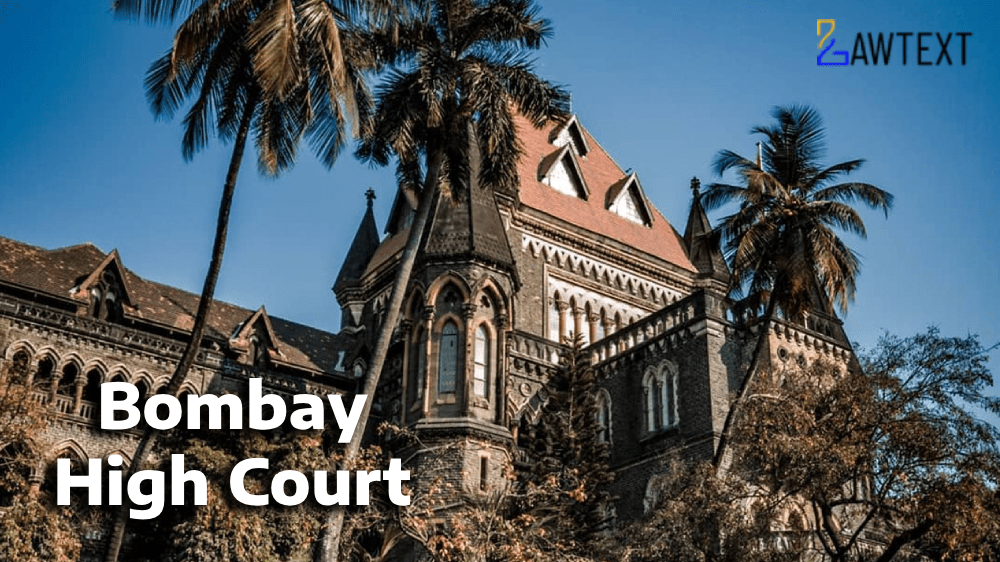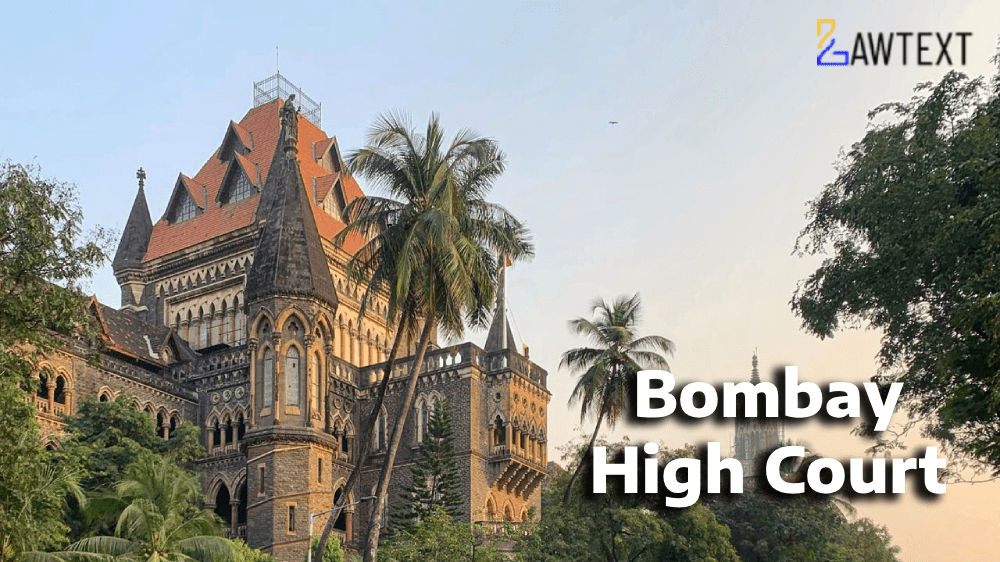Case Note & Summary
Writ Petition Outcome captures the essence of the court's decision to grant relief based on the interpretation of Section 142(3) of the CGST Act, 2017, mandating cash refund of amounts originally paid under the Central Excise Act, 1944.
Background: Two writ petitions were filed challenging orders regarding the recredit of excess duty paid under the Central Excise Act, 1944.
Petition Details:
Writ Petition No. 729 of 2021: Challenged an order dated 7th September 2018 and subsequent Order-in-Appeal dated 16th July 2020 for recrediting Rs. 10,48,11,737/- into the CENVAT credit account.
Writ Petition No. 1228 of 2021: Challenged orders dated 25th July 2018, 26th July 2018, 3rd August 2018, and an Order-in-Appeal dated 24th June 2020 for recrediting Rs. 21,92,162/- into the CENVAT credit account.
Court Findings:
The court found that under Section 142(3) of the Central Goods and Services Tax Act, 2017, any refundable amount, including CENVAT credit, must be paid in cash, regardless of the original mode of payment.
Emphasized that the government cannot retain amounts not due to it, agreeing with the petitioner's contention that the amount paid was a voluntary deposit and not towards any duty.
Court Decision:
Outcome: Rule made absolute in favor of the petitioners.
Relief Granted: Directed the respondents to refund the amounts of Rs. 10,48,11,737/- and Rs. 21,92,162/- along with accumulated interest within four weeks of the order.
Implementation: Petitioners not required to notify respondents as they were represented by advocates during proceedings.
Issue of Consideration: Combitic Global Caplet Pvt. Ltd., ) earlier known as Unisule Pvt. Ltd. Versus The Union of India through the Secretary, Ministry of Finance, Department of Revenue Ors.
Premium Content
The Issue of Consideration is only available to subscribed members.
Subscribe Now to access critical case issues







